Don't miss our holiday offer - up to 50% OFF!
WPC Composite Decking: An Eco-Wood Alternative to Merbau
Learn about the advantages of using wpc composite decking as an eco-friendly alternative to merbau wood, perfect for those who value sustainability and durability.
“`html
WPC Composite Decking: An Eco-Wood Alternative to Merbau
Introduction
In recent years, there has been a growing trend towards sustainable living and eco-friendly materials in home improvement projects. One such innovation is WPC (Wood Plastic Composite) composite decking, which offers a unique blend of durability, low maintenance, and environmental friendliness. This article explores the key benefits of WPC composite decking and compares it with traditional merbau wood, highlighting why it is a superior choice for modern outdoor spaces.
Durability: A Key Advantage of WPC Composite Decking
One of the most compelling reasons to choose WPC composite decking over traditional wood options like merbau is its exceptional durability. Unlike natural wood, WPC composite decking is highly resistant to rot, decay, and insect damage. This makes it an ideal choice for outdoor environments where exposure to moisture and weather elements is inevitable. The longevity of WPC composite decking ensures that your deck will remain beautiful and functional for many years, reducing the need for frequent replacements and repairs.
Low Maintenance Requirements: Effortless Care for Your Outdoor Space
Another significant advantage of WPC composite decking is its minimal maintenance requirements. Traditional wooden decks, such as those made from merbau, require regular sanding, sealing, and staining to maintain their appearance and prevent damage. In contrast, WPC composite decking can be easily cleaned with soap and water, requiring only occasional sweeping or pressure washing. This not only saves time and effort but also reduces the use of harsh chemicals, contributing to a more eco-friendly lifestyle.
Eco-Friendliness: A Sustainable Choice for Modern Outdoor Spaces
Environmental sustainability is a crucial factor in today’s world, and WPC composite decking excels in this aspect. Made from a combination of recycled plastics and wood fibers, WPC composite decking significantly reduces the demand for virgin timber and helps to minimize waste. Moreover, the production process of WPC composite decking consumes less energy compared to the processing of natural wood, further reducing its carbon footprint. By choosing WPC composite decking, homeowners can contribute to a greener planet while enjoying a beautiful outdoor space.
Appearance and Performance: WPC Composite Decking vs. Merbau Wood
When it comes to aesthetics, WPC composite decking can mimic the natural beauty of merbau wood, offering a wide range of colors and finishes that can complement any architectural style. However, WPC composite decking goes beyond mere imitation; it provides enhanced performance characteristics. While merbau wood may develop splinters and cracks over time, WPC composite decking remains smooth and intact, ensuring a safer and more comfortable experience for users. Additionally, WPC composite decking is available in a variety of textures and patterns, allowing for greater design flexibility and customization options.
Conclusion
WPC composite decking stands out as a superior alternative to traditional merbau wood for modern outdoor spaces. Its unparalleled durability, low maintenance requirements, and eco-friendly nature make it an attractive option for homeowners seeking a sustainable and aesthetically pleasing outdoor living area. As awareness about environmental issues continues to grow, the popularity of WPC composite decking is likely to increase, paving the way for a more sustainable future in home landscaping.
“`
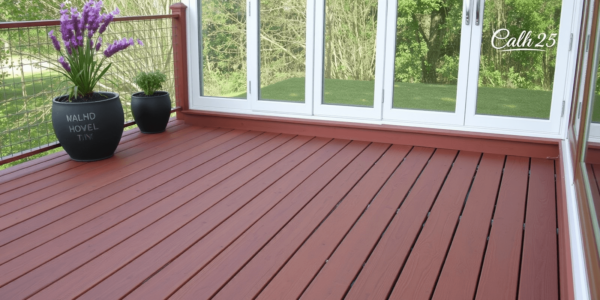
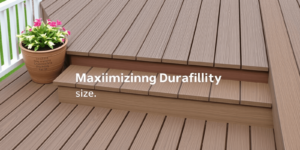
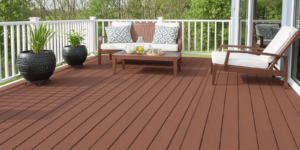
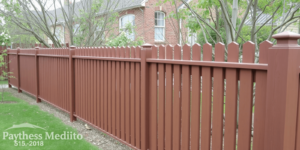
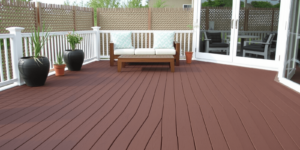


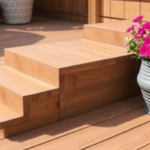
Bewertungen
Es gibt noch keine Bewertungen.